Ever Noticed That Foam?
Let’s skip the textbook intro, yeah? Picture this: It’s a chilly Tuesday morning, you’re in front of the bathroom mirror, toothbrush loaded (maybe a little heavy-handed with the paste) and after a solid minute… total mouth party. Bubbles everywhere. Some days that foam feels sorta satisfying—like your teeth must be getting extra clean, right? But then… your mind wanders. What if, one morning, you see someone (or even yourself) frothing at the mouth when it’s not just toothpaste? Whoa. Is it nothing—or is it a red flag?
If you’ve ever been confused by that wild froth, you’re definitely not the only one. Me? The first time I saw my cousin’s dog foam up after a bee sting, my brain sprinted straight to bad places (see: rabid wolf visions). Spoiler: not rabies. But not something to shrug off either. So… let’s break it all down together—the good foam, the truly scary stuff, and how to spot the difference so you never freak out alone.
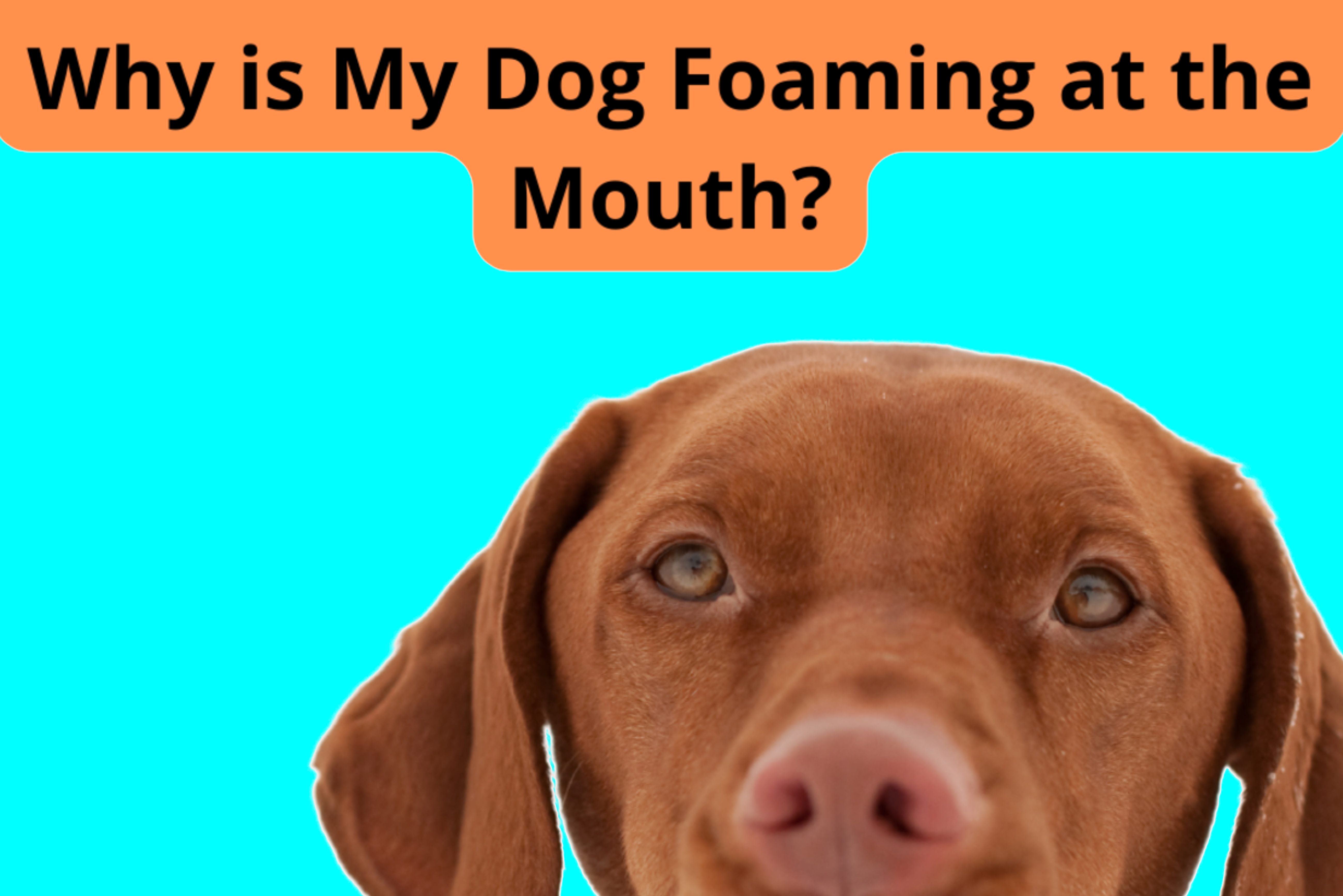
Brushing Bliss, or Something Else?
Honestly, that big bubbly foam when you’re brushing is usually nothing but a sign you’re going at it with gusto. If you pre-wet your brush and angle that thing just right (about 45 degrees, not straight on), you’ll whip up a crazy lather. frothing at the mouth can totally be part of a healthy routine.
Why Does Foam Even Matter In Your Routine?
OK, nerdy side moment: when your brush hits at 45 degrees and you’re scrubbing, that foam isn’t just for show. It kind of acts like a mini-shampoo, carrying food, bacteria, and gunk out from between your teeth. Swish it around, spit, done. The more “foamy” energy you create (within reason), the more your toothpaste is doing the hard work.
Quick Story: How Foam Saved My Cousin’s Smile
My cousin once decided foaming was “extra,” so he did this dry brushing thing for a week. Ended up with food bits wedged where they shouldn’t be, and a mild cavity. Add a little water, angle the brush, get that foam going… and boom! No more complaints, just fresher breath—total game changer for him (and honestly, those of us around him too).
Table: Brushing Foam vs Scary Medical Froth
| Brushing Foam | Medical Froth |
|---|---|
| Minty, controlled & pleasant From toothpaste and motion Goes away when you rinse | Bubbly, sometimes white May dribble uncontrollably Paired with symptoms like confusion, trouble breathing |
| Feels energizing—makes your smile shine | Feels alarming—you can’t “spit it out” or control it |
| Normal if you’re brushing well | Never normal—especially if it’s new or sudden |
When Frothing at the Mouth Isn’t Fun
Most foam is friendly, but sometimes—especially if it’s outside of brushing or suddenly uncontrollable—it can signal something serious. And I mean, serious. According to research on emergency symptoms, sudden, heavy frothing at the mouth is nothing to joke about.
Could It Be Telling You Something Else?
Let’s do the “pause and think” thing. Have you (or someone near you) ever started to experience frothing at the mouth out of nowhere? Like, no toothpaste, maybe not even awake? If the answer is yes—keep reading, because this is where things get real. The kind of froth we’re talking about here is mostly from saliva that, for one reason or another, can’t be swallowed and just bubbles up. Common culprits?
- Seizures (yep, the muscle spasms can churn up that foam)
- Drug or opioid overdose
- Serious infections, like rabies or certain forms of encephalitis
- Severe allergic reactions or poisoning (think: ingesting a household chemical by accident)
- Heart problems, especially cases that cause pulmonary edema (that’s fluid in your lungs), which can bubble out as foam
Basically, these are not the “wait and see” type of issues. If you notice someone frothing at the mouth and they’re not in front of a sink… call for help. Like, right now.frothing at the mouth is actually a sign ER docs take super seriously.medical research on symptom urgency.
Personal Wake-Up Call: It Almost Happened To Me
This is embarrassing, but here we go—after a hardcore HIIT class last spring, I felt lightheaded, and my post-shake rinse turned all frothy. The panic was… real. Was I dying? Nah. Saliva + protein powder left me with sweet fake drama. But if I’d had other symptoms, like confusion or struggling to breathe, you’d better believe I would’ve called for help, stat. Sometimes it’s silly; sometimes it’s not.
So, What Actually Causes Frothing at the Mouth?
Let’s play Mythbusters, but for spit. Here’s why uncontrolled foam happens, straight from the trenches of health news and friendly docs:
Seizures
When your brain gets overloaded (think: sudden electric storm), your body forgets how to swallow. Your muscles spasm, saliva gathers, and—yep—starts bubbling out. This is especially true for tonic-clonic (grand mal) seizures. If you see it happen? Don’t stick anything in the person’s mouth. Just keep them safe, lay them on their side, and get medical help fast.trusted medical advice on what to do.
Example: My Aunt’s Scare
My aunt—an absolute legend in our family cookbook battles—had her first seizure at 55. She bit down, started to convulse, and that’s when I saw it: thick, white foam. We waited for the ambulance, watching a lifetime of ER shows in my head. She’s fine now, but it was her first and last “Hollywood moment”—and we all learned to never hesitate in an emergency.

Drug Overdose or Poisoning
Certain drugs (especially opioids) slow breathing and muscle responses, so the mouth fills with saliva and can’t clear it out. Sometimes, the lungs fill with fluid (called pulmonary edema), which just piles on the bubbles.emergency medicine clinics highlight that visible froth around someone’s lips is a “call 911 now” situation. No Googling, just act.
Everyday Poisoning: Kid in the Kitchen
We had a neighbor whose toddler tasted something under the sink. Panicky, foamy, gasping for breath… and the parents called poison control immediately. Doctors said they saved the kid’s life because they didn’t wait “just in case.” Lesson learned: household stuff is no joke, even if it smells like lemons.
Rabies and Other Infections
Do you have a pet? Have you ever worried about rabies? It’s rare, but when you see an animal (or sometimes a person) frothing at the mouth uncontrollably, it’s a classic rabies sign—because they’ve lost the ability to swallow. The same goes for some rare, intense brain infections like Japanese encephalitis. If rabies is on your radar (bitten by a wild animal? Overseas travel?), get help immediately. Don’t wait for “other symptoms.”
Let’s Talk Brushing—Why It’s Good to Foam (But Not Too Much)
Okay, back to friendly foam territory—good, clean fun. If you’re hitting that 45-degree angle with your toothbrush and foaming up like a cappuccino, you’re doing your teeth a favor. The goal: get the bristles under the gum line, around and between teeth, for two minutes, twice a day. The foam just helps move toothpaste (and debris!) into every nook and cranny—for real.frothing at the mouth could be your signal that your technique is working, if it happens while brushing and nowhere else.
How to Get the Right Kind of Foam
Don’t worry about overdoing it. A little more water if you run dry; angle the brush at 45 degrees, not head-on; let the suds build up—and don’t rush the rinse. Swishing that final foam helps dislodge leftovers and gives you that “just-polished” grin.
Pro Tip: Electric vs Manual
Electric toothbrushes can make you feel like a pro—more foam, less effort. My old flatmate used to time herself: “30 seconds per quadrant!” She claimed her electric brush gave her “Olympic-level” foam and way fewer dentist lectures about tartar. If you hate that gritty stuff after lunch? Switch it up and let the bubbles do their thing.
Spotting the Red Flags
Here’s what really matters. If you’re suddenly frothing in weird situations—not brushing, not eating spicy food, nothing reasonable to explain it—pause. Ask yourself:
- Is this new for me?
- Am I dizzy or confused?
- Any trouble breathing, staying awake, or weird muscle movements?
If the answer is yes to any of that, get help. Don’t Google for hours or crowdsource on social (guilty). Sometimes, frothing at the mouth really is your body waving a red flag you shouldn’t ignore.
Emergency Checklist—No Shame, Just Safety
- Seizures? Turn on their side, keep surroundings safe, call 911.
- Drug or possible poisoning? Call 911 right now—don’t wait and see.
- Bizarre animal behavior or recent bite? Get help for rabies risk, even if you’re not sure.
- For pets or kids, call poison control (in the U.S.: 1-800-222-1222) and follow expert advice.
Remember—the ER would much rather send you home safe from “overreacting” than see you late. Even “just in case” is worth it.
Wrapping It Up: Foam Fear No More
Let’s end on a high note. Most frothing at the mouth (especially after a satisfying brush) is nothing to stress over! It’s your sign that your teeth are getting party treatment—foam, polish, rinse, repeat. But if you ever see foam coming out, uninvited, during a workout, sleep, or—yikes—alongside dizziness or confusion, promise me you’ll check it out right away?
You’ve now got the inside scoop on when to love that foam (healthy brushing, confidence boost!) versus when to freak out (medical emergency… call for help, don’t wait!). Next time you see frothing at the mouth pop up, you’ll know what’s up—and you can help others too. So, grab your brush, angle it like a champ, swish that foam, and show off your healthy smile.
Have you ever had a weird foam moment—funny, scary, or just odd? Drop your story in the comments, let’s swap notes. Knowledge is power, my friend… and now your mouth is full of it (in the best way possible). Keep shining, foam on, and above all—never hesitate to get checked if your gut says “something’s not right.” You deserve that peace of mind. Stay well!

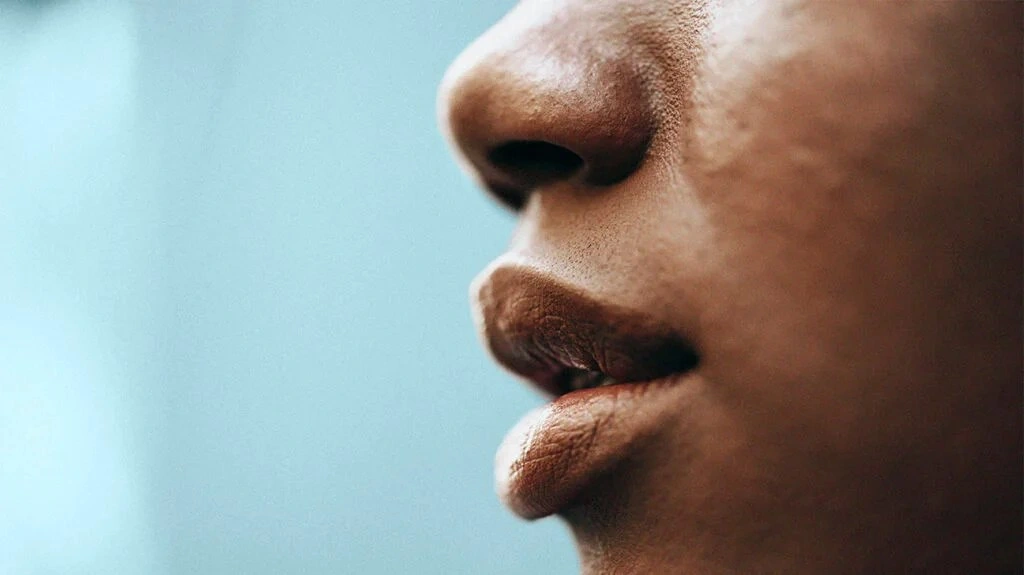

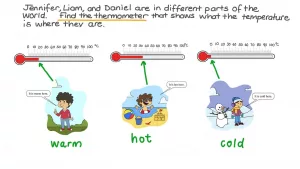


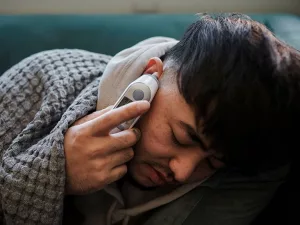
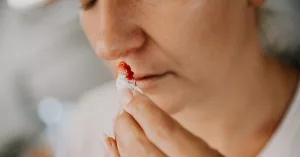













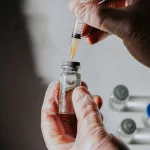



Leave a Reply
You must be logged in to post a comment.